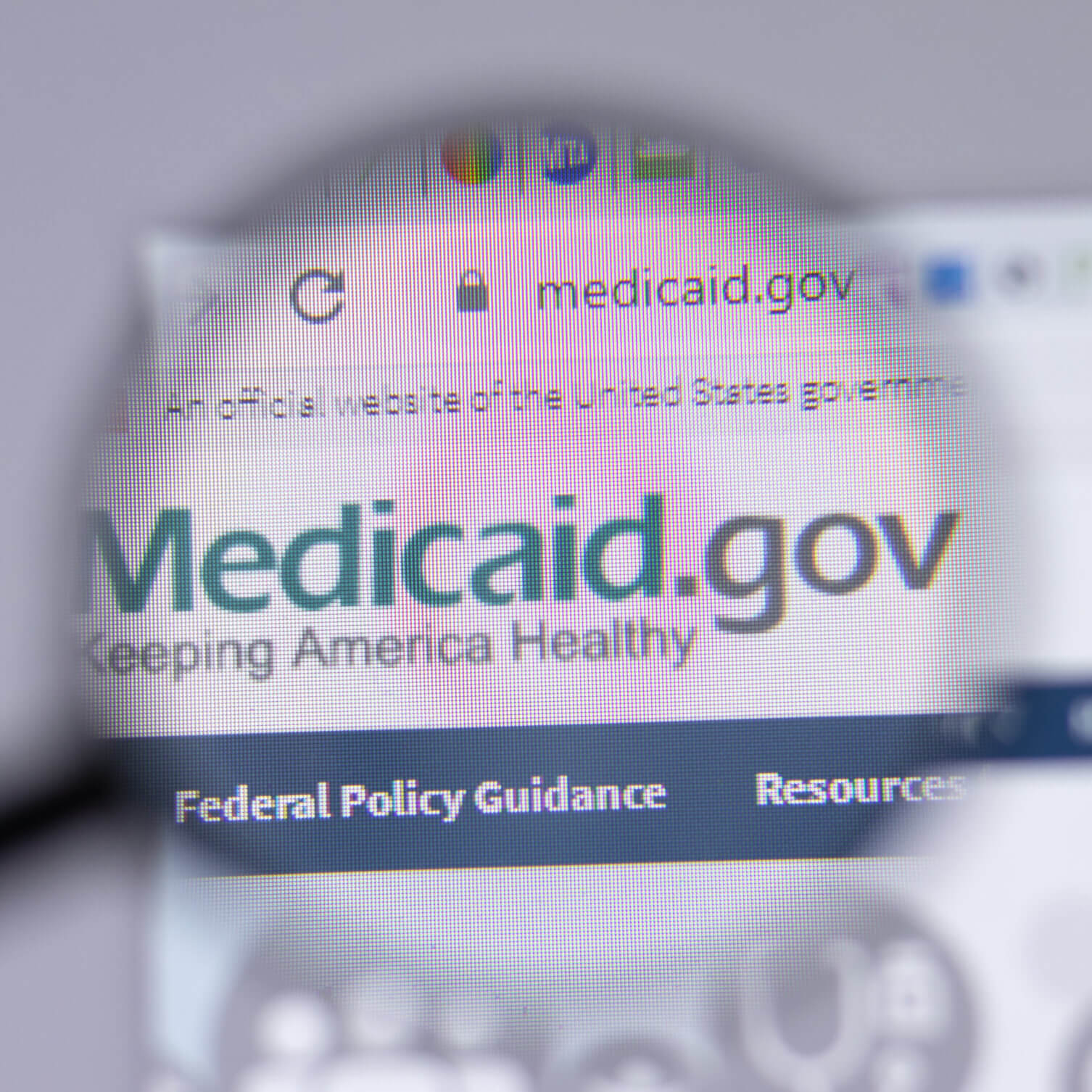
The OBBB and Its Potential Impacts on Healthcare, Medicaid and Life Sciences
With the signing of the One Big Beautiful Bill (OBBB) into law by the Trump Administration, sweeping legislative changes are now officially in motion, impacting everything from healthcare and Medicaid to the life sciences and energy sectors.
Now that the bill has passed both chambers of Congress and been enacted, Americans across the country are beginning to assess how this landmark legislation will affect their daily lives, access to healthcare and long-term financial security.
One of the challenges of digesting the OBBB’s full impact is its broad scope. With hundreds of provisions, it touches nearly every sector of American life. Among the most immediately affected, however, are healthcare professionals, Medicaid recipients and businesses within the life sciences industry.
Impacts on Healthcare and Medicaid
Across the country, more than 71 million people rely on Medicaid for affordable health coverage. However, under the OBBB, many Medicaid recipients could be impacted by cuts to federal funding and even total loss of coverage.
One of the most notable changes in the OBBB as it relates to Medicaid is that all “able-bodied” Medicaid recipients must now meet federally defined work requirements by December 31, 2026. Otherwise, they could lose out on their coverage completely. In addition to stricter work requirements, the OBBB also imposes more frequent eligibility verifications. As a result, the Congressional Budget Office (CBO) has estimated that up to 10.9 million people could lose their Medicaid coverage within the next decade.
The OBBB also includes provisions that would penalize individual states if they are found to be providing benefits to undocumented workers, which could also result in a loss of coverage.
Other Impacts on the Healthcare Industry
Of course, Medicaid recipients aren’t the only ones who will be affected by the new provisions set forth as part of the OBBB. It is also possible that individuals who rely on health insurance coverage purchased through the ACA marketplace may face higher insurance premiums. As a result, some experts predict that the percentage of uninsured Americans could increase by as much as 3% across the United States.
The legislation also brings several updates that impact the broader healthcare system, including:
-
- A new Rural Emergency Hospital designation, allowing certain previously closed rural hospitals to reopen with modified service standards.
- Elimination of payment incentives for physicians participating in the Advanced Alternative Payment Models (AAPMs).
- Adjustments to the Medicare physician fee schedule, changing reimbursement formulas for certain providers.
- A 10-year moratorium on nursing home minimum staffing mandates, delaying enforcement of long-debated patient care standards.
These shifts aim to streamline federal healthcare spending but are expected to create ripple effects in provider operations and care delivery, especially in underserved and rural communities.
What About Life Sciences and Beyond?
While only time will tell the impact that the OBBB will have on Medicaid and the healthcare industry in general, there are other far-reaching impacts that it could have on other industries, namely, the fields of life science and energy.
For instance, provisions of the OBBB extend the time period in which the IRS can challenge employee retention credit claims. This can result in challenges being made up to six years after the fact, which could create additional stress for business owners.
Likewise, the OBBB will gradually phase out certain green energy tax credits that are currently available under the Inflation Reduction Act. This could lead to fewer green initiatives across the board without the financial incentives to make them feasible.
What This Means for Americans
The OBBB was presented as a fiscal reform package aimed at curbing government spending and reducing the federal deficit. While some applaud its tough stance on budgetary discipline, others argue that the social and economic costs, particularly for lower-income Americans and small business owners, could be severe.
What’s clearer, of course, is the impact that the OBBB will have on Medicaid and other benefits that low-income Americans rely on, as well as the healthcare and life sciences industries. For individuals relying on Medicaid, SNAP or marketplace healthcare coverage, now is the time to understand your new obligations and assess how these changes may affect your eligibility or access to care. For businesses, especially those in healthcare, life sciences or renewable energy, the bill’s provisions will likely require immediate strategic planning.
Stay Informed and Take Action
Whether you’re a healthcare provider, business owner or individual affected by the OBBB, the most important thing you can do now is stay informed and take proactive steps:
-
- Review your Medicaid or insurance status to ensure compliance with new eligibility rules.
- Consult with legal or tax professionals to prepare for IRS changes and new reporting requirements.
- Reevaluate your business strategy if you rely on energy tax credits, R&D incentives, or ERC claims.
Legislation of this magnitude brings uncertainty, but also opportunity for those prepared to navigate the changes. To learn more about how the OBBB could affect you or your organization, contact our team of experts today. We’re here to help you adapt, plan and move forward with confidence.
